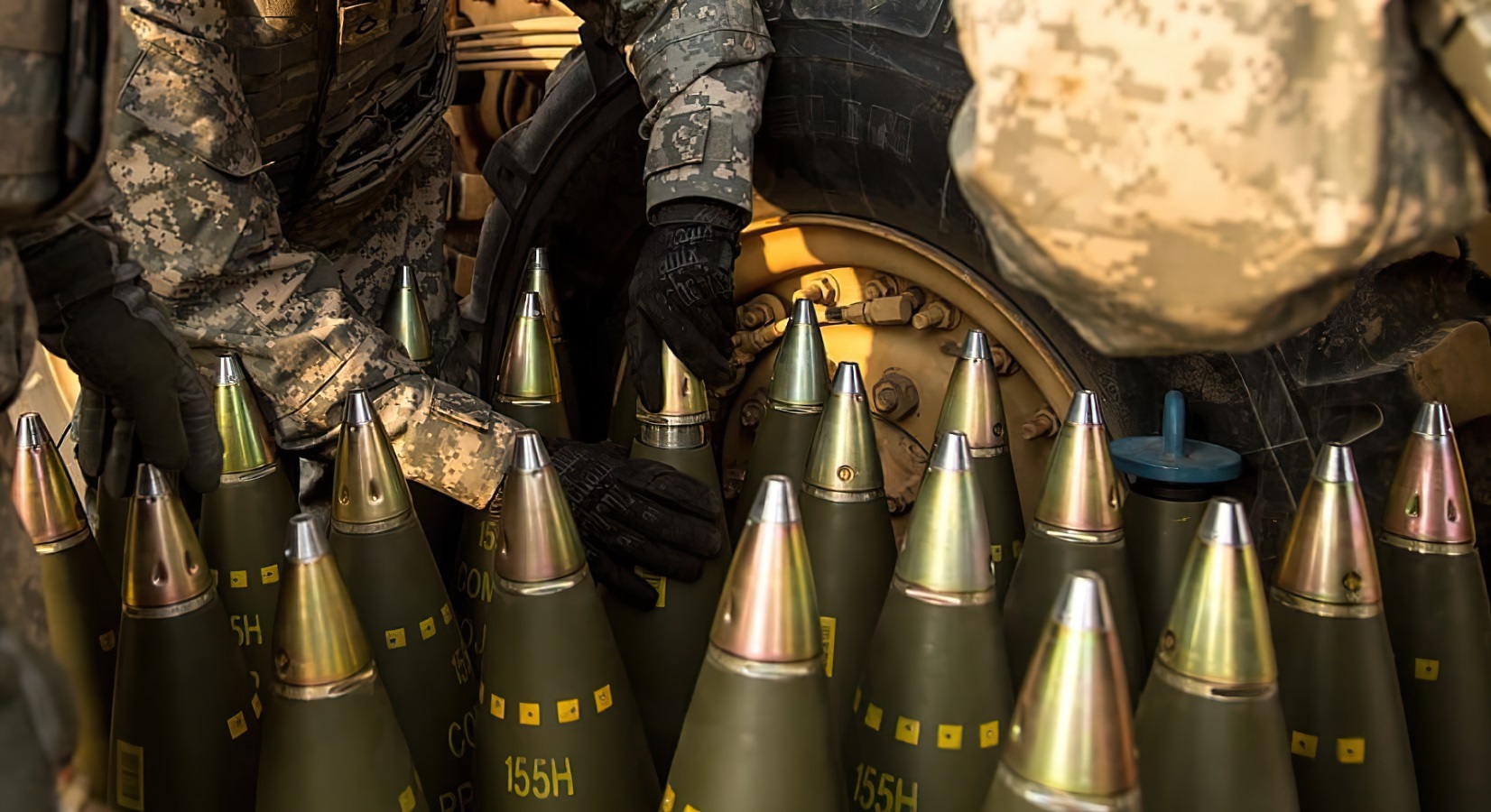Today, the biggest news comes from Azerbaijan, where a sudden escalation shattered regional stability as Russian airstrikes targeted and destroyed key Azerbaijani state oil infrastructure in Ukraine. In response, Türkiye signaled its readiness to deploy forces to Azerbaijan, setting the stage for a large-scale rebalancing of power in the South Caucasus.
Calls for permanent Turkish troop presence in Azerbaijan
In Azerbaijan, calls are growing for Turkish troops to serve as permanent peacekeepers and security guarantors against any future Russian move. The idea gained momentum after an Azerbaijani journalist asked President Recep Tayyip Erdogan when the Turkish Army would come to Azerbaijan, noting that without it, there is always the risk of a new Russian occupation.
Azerbaijanis argue that Turkish soldiers are the ultimate deterrent to Moscow, as Russia continues moving additional troops toward the Azerbaijani border and reinforcing its bases in Armenia, despite Armenian protests.
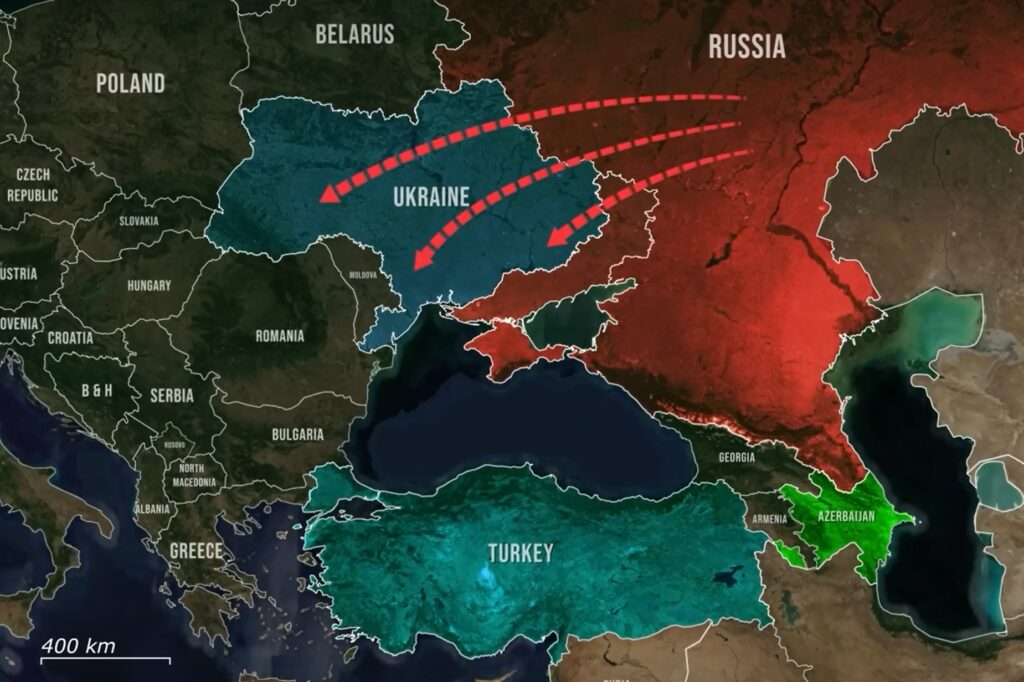
Türkiye’s military footprint already expanding
Turkish special forces and advisors already rotate through Azerbaijani units, and the private military company Sadat has an established presence. But the current push is for a permanent, full-scale Turkish military presence in Azerbaijan.
By shaping public debate in both countries, Ankara is testing the waters for permanent deployment — a move that would complicate any Russian military action in the Caucasus.
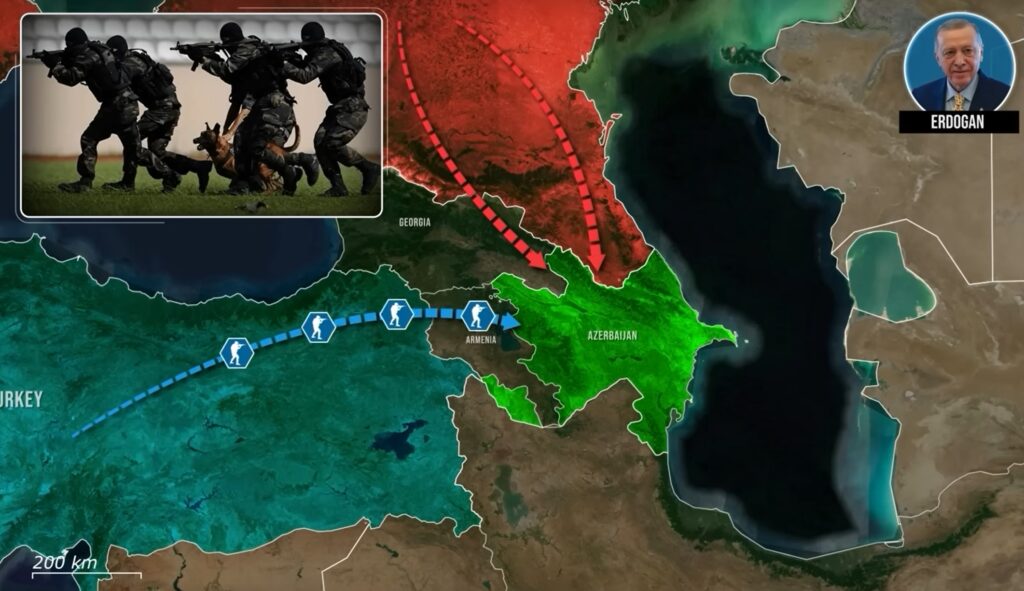
Azerbaijan breaks with Soviet military systems
At the same time, Azerbaijan is breaking with Soviet traditions. President Ilham Aliyev has ordered a full switch from Russia’s military coordinate grid system to the US-developed World Geodetic System (WGS), the NATO standard.
This removes one of the last major Russian frameworks still embedded in Azerbaijani defense planning. By adopting it, Azerbaijan can now ensure seamless interoperability with Turkish and allied forces, sharing targeting data and reconnaissance instantly without conversion delays.
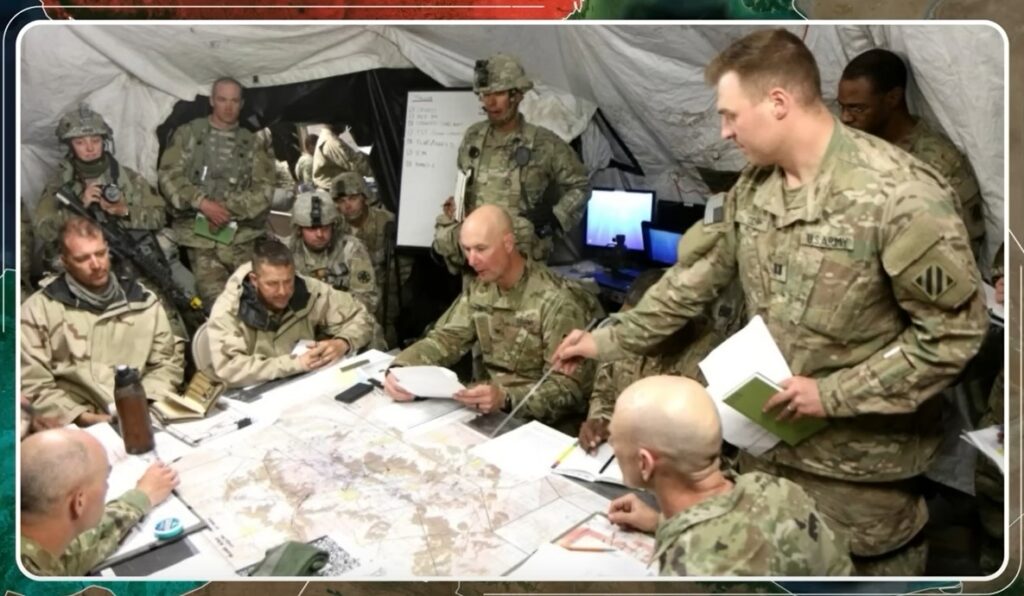
Strategic signal: Preparing for potential conflict with Russia
The technical shift carries a clear strategic signal: Azerbaijan is aligning its military infrastructure with the West, removing dependency on Russian systems in wartime.
This strengthens the case for permanent Turkish troop deployments, ensuring both forces could operate jointly from day one.
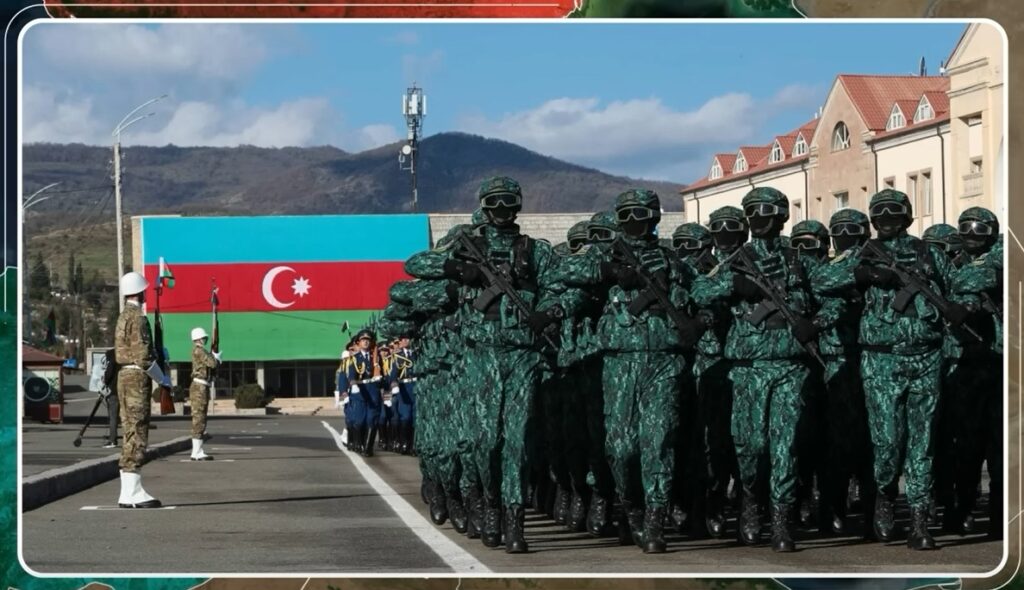
Russia strikes SOCAR facilities in Ukraine
The sharpest warning came after Russian missile and drone strikes destroyed facilities of SOCAR, Azerbaijan’s state oil company, in Ukraine.
In response, Baku threatened to go beyond humanitarian and defensive support — raising the possibility of sending weapons directly to Ukraine.
Azerbaijan’s potential arms supplies to Ukraine
Notably, the Baku-based Avia-Agregat plant began producing 122mm and 155mm artillery shells in 2022, using Turkish and Bulgarian production lines. These are exactly the munitions Ukraine urgently needs.
If Baku scales up deliveries, it would mark a geopolitical turning point: a former Russian ally openly arming Ukraine, signaling Moscow’s deepening isolation.
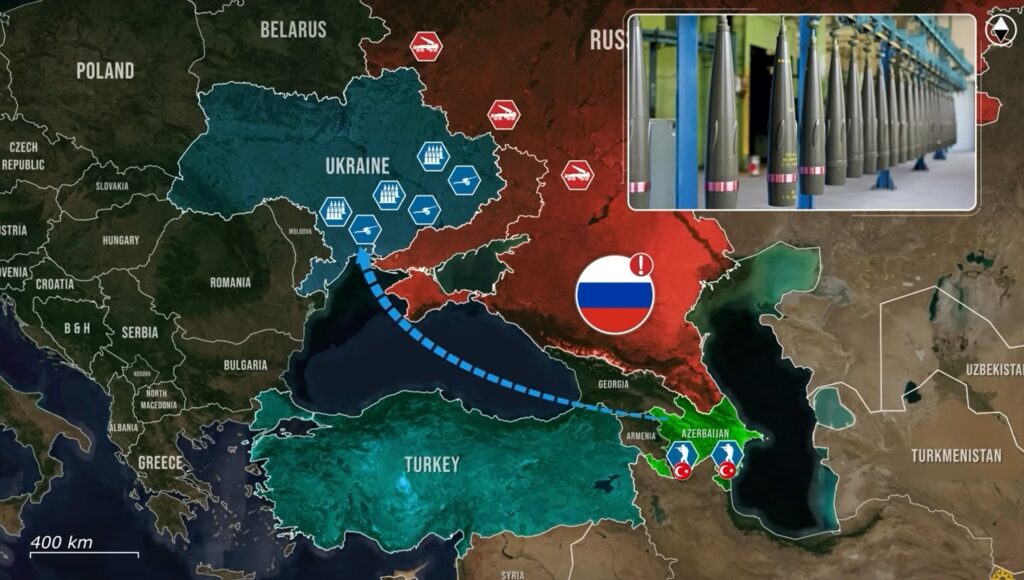
Russia’s provocations risk backfiring
By striking SOCAR assets, Russia risks provoking a stronger Azerbaijani military role in Ukraine, one that Baku could pursue without fear if Turkish peacekeepers are deployed in the region.
From energy strikes to strategic realignment
What began as targeted strikes on energy facilities is now feeding into a broader realignment:
- Azerbaijan seeks Turkish troop deployments.
- It is embedding NATO systems into its military.
- And it is considering weapons deliveries to Ukraine.
Each step directly counters Moscow’s provocations and further isolates Russia.
Conclusion: A risky gamble for the Kremlin
The irony is clear: by hitting SOCAR in Ukraine, Russia may have accelerated trends already underway, turning Azerbaijan into an active security partner for both Türkiye and Ukraine.
In trying to punish Baku, the Kremlin could instead push it firmly into the opposing camp, with consequences far beyond the oil sector.
In our regular frontline report, we pair up with the military blogger Reporting from Ukraine to keep you informed about what is happening on the battlefield in the Russo-Ukrainian war.




